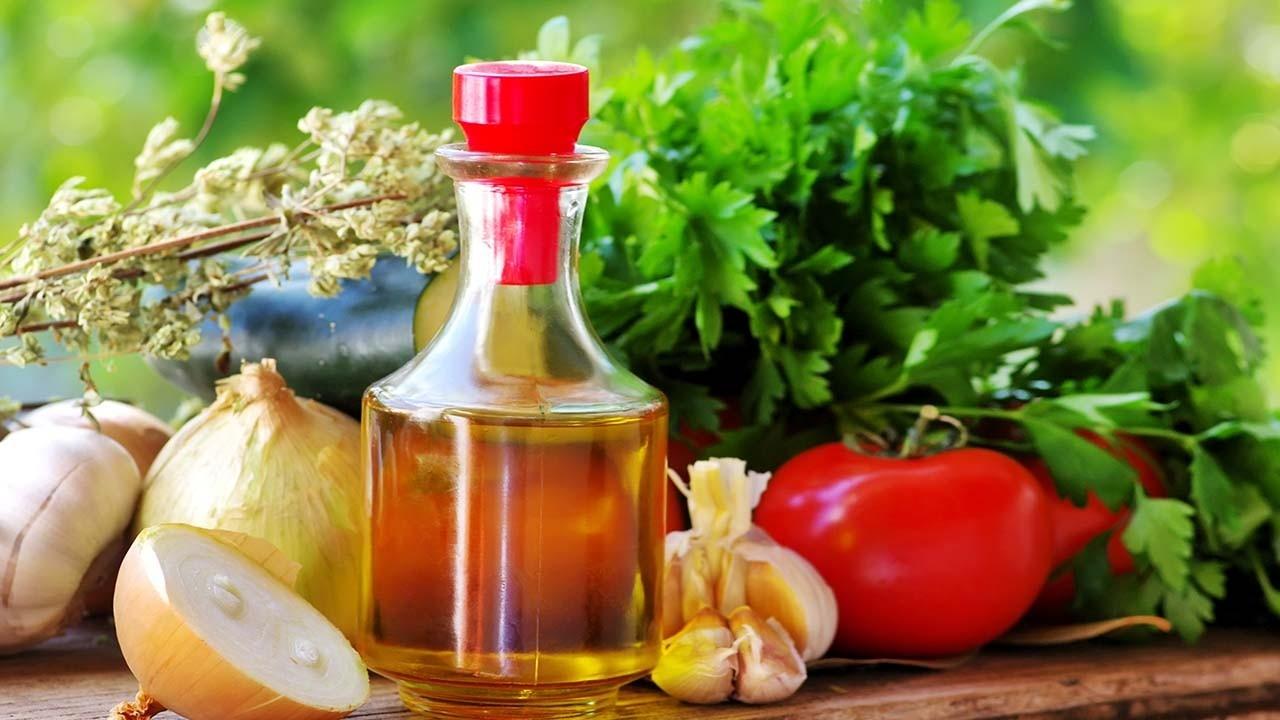Reducing Your Risk of Cancer Through Diet with Dr Mhairi Morris. Podcast Episode 11

We all want to reduce our risk of getting cancer. It can be difficult to wade through the conflicting advice and sensational headlines.
Today I am talking to Dr Mhairi Morris, lecturer at Loughborough University UK and founder of Essential Cancer Education.
Mhairi explains (in simple terms) the current research. Which foods and diets will increase your risk of cancer, which won’t and which need more research to decide.
Cancer and Diet Podcast

Good Cancer Diets
There is enough evidence to say that these diets can help reduce our risk of getting cancer.
- Ketogenic (high fat diet that works on keto genesis rather than carbohydrate metabolism)
- Mediterranean Style Diet (see Episode 1 The Health Benefits of the Med Style Diet.)
- Intermittent Fasting
You can combine intermittent fasting with either the ketogenic or Med Style Diets.
Mentioned by Mhairi: The Longevity Diet by Volter Longo
Stopping Eating After 8pm Can Reduce Your Risk of Breast Cancer
Easy to do if you eat dinner before 8pm and don’t eat anything afterwards.
Diets That Aren’t Considered Anti Cancer Diets
The Anti Cancer Institute says there isn’t enough evidence to prove these diets will protect you from cancer.
- Gerson therapy (lots of fresh fruits and vegetables, juicing and coffee enemas!)
- The Alkaline Diet
Diets that Don’t Have Enough Evidence to Say Either Way
- The Gonzalez Regime (lots of supplements.)
- The Macro Biotic Regime (no diary, no red meat.)
Foods that We Know Have a Link to Cancer
- Red and processed meats. (Keep red meat under 100g a day. OR processed meat under 50g.) Increase risk of bowel cancer (by 17%).
- Salt preserved foods. Increase risk of stomach cancer.
- Burnt or charred foods. (Hetrocyclic aromatic amines are carcinogenic.)
- Alcohol. Increases risk of cancer generally and specifically of throat, mouth and liver cancer.
Super Foods Aren’t A Miracle Cure
The problem with “superfoods” such as goji berries is the experiments that “proved” their benefits used extracts. In order to reach the level used in the experiments, you’d have to consume vast quantities.
The take home message is that they’re fine as part of a healthy diet, but aren’t going to give you magic protection.
Tomatoes Contain Lycopene
Lycopene is an antioxidant but there isn’t enough evidence to prove that will protect us from cancer.
Artificial Sweeteners Don’t Increase Your Risk of Cancer
But they aren’t great for you either! They are linked to other problems such as higher levels of depression.
They definitely don’t “mummify you from the inside out”!
They also “train” our taste buds to desire sweet tasting foods. That makes us want to eat more cakes, candy and packaged foods.
Acrylamides Are a Possible Carcinogen
Found in biscuits, crisps and other processed foods. Studies suggest that we’d have to eat loads of them to be at risk of cancer.
Green Tea Not Proven to Reduce Cancer Risk
Contains EGCG. Studies in labs with the extract have shown benefits and cancer reducing properties. You’d have to drink a huge amount to be able to call it “cancer preventing”.
Take home message: Enjoy green tea if you like it!
Milk and Dairy Products not Proven to Cause Cancer
There is some evidence that milk might cause prostate cancer. There is some evidence that casein (found in milk) protein can cause cancer.
There isn’t enough evidence to say that diary products protect us or contribute to cancer.
Many adults don’t tolerate diary. It affects us differently.

Pesticides on Our Foods Aren’t Proven to Cause Cancers
The amount that is present on our fruit and vegetables isn’t enough to cause cancer. It’s recommended to wash them before eating them.
It’s better to eat non organic fruit and vegetables than to not eat them at all!
Not Enough Evidence to Say With Soy Products
There is some evidence to say that soy product protect us from cancer. There is conflicting evidence to say it can cause cancer (the concern is that they are rich in plant based oestrogen.)
Overall there isn’t enough evidence to say one way or another.
Foods That Have Been Proven To Reduce Risk of Cancer
- Fresh fruit and vegetables.
- Fibre
Fresh Fruit and Vegetables Reduce Your Risk of Getting Cancer
Full of phytonutrients and anti oxidants! Fresh fruit and vegetables help protect us against cancer.
Frozen foods maintain the level of nutrients. Tinning foods can reduce the available protective nutrients so aren’t as protective.
Cutting vegetables can also reduce the amount of nutrients available.
A High Fibre Diet Helps to Protect Us From Bowel Cancer
A third of all cases of bowel cancers are caused by not eating enough fibre.
You get fibre in your diet from whole grains and fresh fruit and vegetables.
If You Are Going Through Cancer Treatment
Chat to a cancer nutritionist. There may be specific recommendations for your treatment.
If You Have Finished Cancer Treatment and Want Reduce Your Risk of Getting A Secondary Cancer or Metastasis
The same recommendations of eating a high fibre diet and lots of fresh fruit and vegetables still applies.

Keep in Contact with Dr Mhairi Morris
Check out Essential Cancer Education.
You can also sign up for a guide for health professionals to help their cancer patients live well with cancer.
Author Bio
Dr Orlena is a health coach. She helps busy mums go from "I can't lose weight" to feeling fit and fabulous. Find out more about her here.



